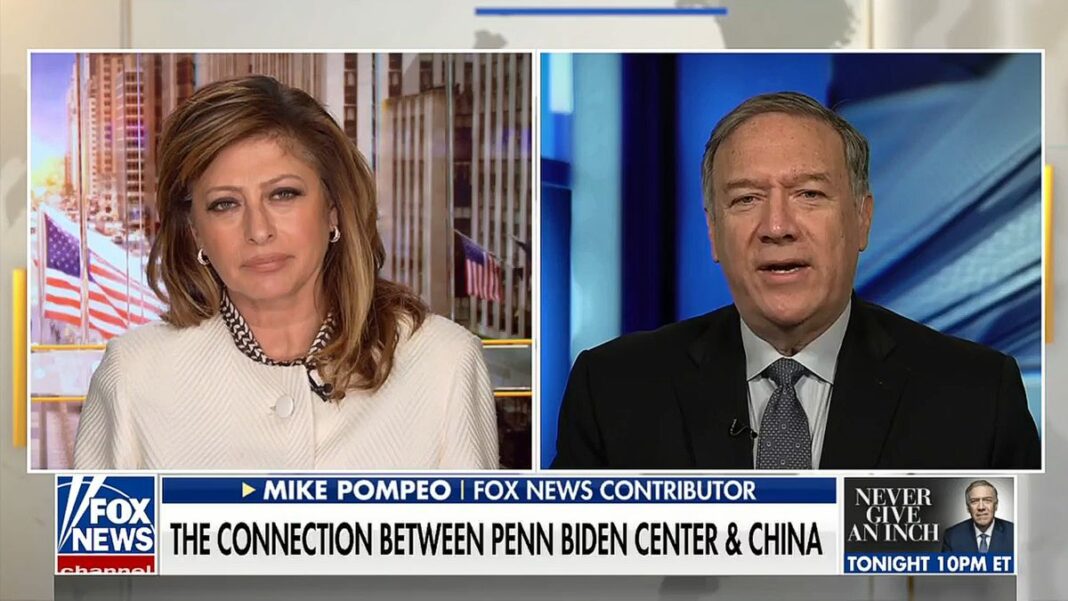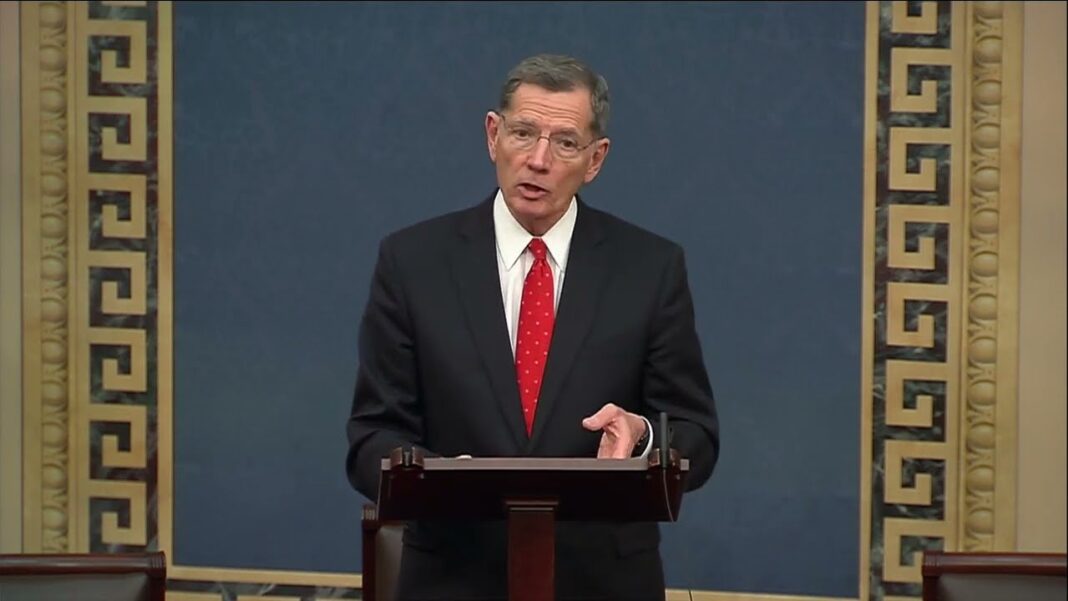Professor of psychology and public speaker Jordan Peterson has announced the formation of an international consortium that would serve as a kind of populist alternative to the elitist World Economic Forum (WEF) and provide a countervailing force against globalist aims and narratives.
Peterson laid out his plan in an appearance on Joe Rogan’s podcast, telling him that an inaugural event of the group is being planned for the cusp of October/November 2023 in London.
Around 2,000 business, cultural, and political figures will be invited to take part in the consortium, he said, adding that he wants the discussions open to the public and membership in the organization to be as broad as possible.
That would put participation at a similar scale to the WEF’s recent meeting in Davos, Switzerland, which amassed around 2,700 international leaders, Wall Street executives, central bankers, and celebrities.
Peterson said that a core idea of the consortium—which does not yet have an official name—will be to provide an “alternative vision of the future … an alternative to that kind of apocalyptic narrative that’s being put forward, at least implicitly, by organizations like the WEF.”
‘Year of the Polycrisis’
Critics have argued that the WEF uses scare tactics and paints a dire picture of the future to justify proposed solutions, such as the Great Reset.
For instance, ahead of this year’s WEF meeting, the group declared 2023 the “Year of the Polycrisis,” laying out an extensive matrix of threats, with a strong focus on the supposed emergency of climate change that critics have lambasted as unfounded alarmism.
The Great Reset, which has been associated with the controversial slogan “you’ll have nothing and you’ll be happy,” puts forward a top-down approach to managing various threats that include rejigging capitalism to distribute its benefits more evenly and strengthening the global architecture of multinational institutions.
Critics of the Great Reset say it’s an attempt by international organizations to undermine national sovereignty by centralizing power and decision-making at the expense of individual freedoms and local communities.
By Tom Ozimek







